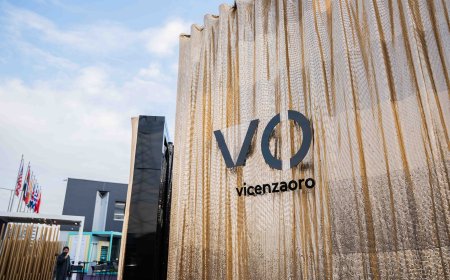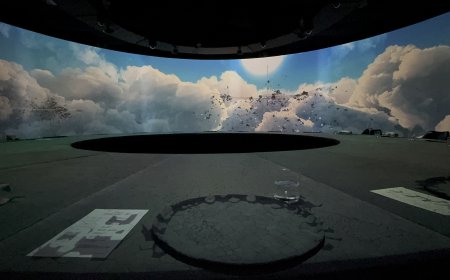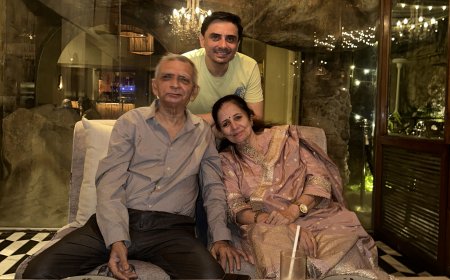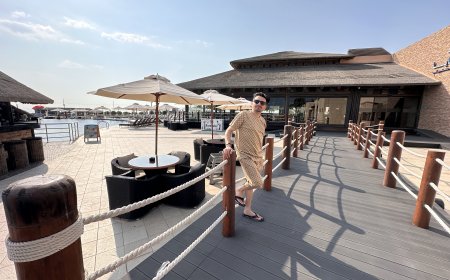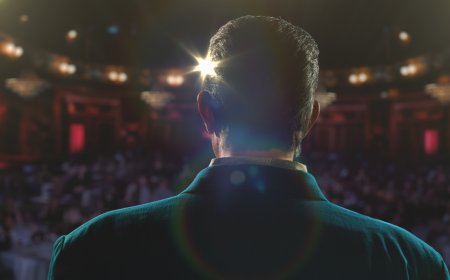Transformation of Work Culture Adversely Impacting UAE Workers
Invasive AI and more human convenience options are proving temporarily counter-productive.

Worrying numbers signify that people are grappling with the pace of change at their workplaces in the UAE. According to a recent survey by Linkedln, 55 per cent of qualified and experienced office-goers in the Gulf country feel lost and incapable of adapting to the many unfamiliar alterations taking over the traditional work scene. The expansive study conducted by the business-oriented social media platform has revealed that almost 70 per cent of respondents are at their wits end with the dramatic changes, while almost 90 per cent are yelling out for help from the proverbial “Mommy!”
So just what is contributing to this mass disorientation on the human front? Try these new features on for size:
1) Digital filing taking over from standard paperwork.
2) Managing teams which include members of several age groups.
3) Artificial Intelligence (AI)-generated automation of several tasks.
4) A growing demand for flexible work timings and work-from-home options.

As is the case in the office environment of most developed countries, the introduction of AI technology in the UAE is proving advantageous on the one hand and baffling on the other. “It is important for workers to stay informed, upskill and continuously learn,” surmises Linkedln career expert Najat Abdalhadi.” Najat adds that this is imperative for the persons in question to meet the new challenges head on and overcome them.

Najat's’s accurate observation is reflected in more numbers from Linkedln’s survey. Indeed, over a third of the study group determine that hither-to job experience in itself, is not adequate. Moreover, above 50 per cent of the respondents admit they require a guiding hand to negotiate the difficulties of the new scenario.Managers themselves are not entirely equal to the task, with only 35 per cent of their subordinates expressing faith in them. Plus, 58% believe that their firms are ill-equipped to handle the new-age quandary. It looks like Charles Darwin’s theory of Adaptation doesn’t ring truer that in this context.


